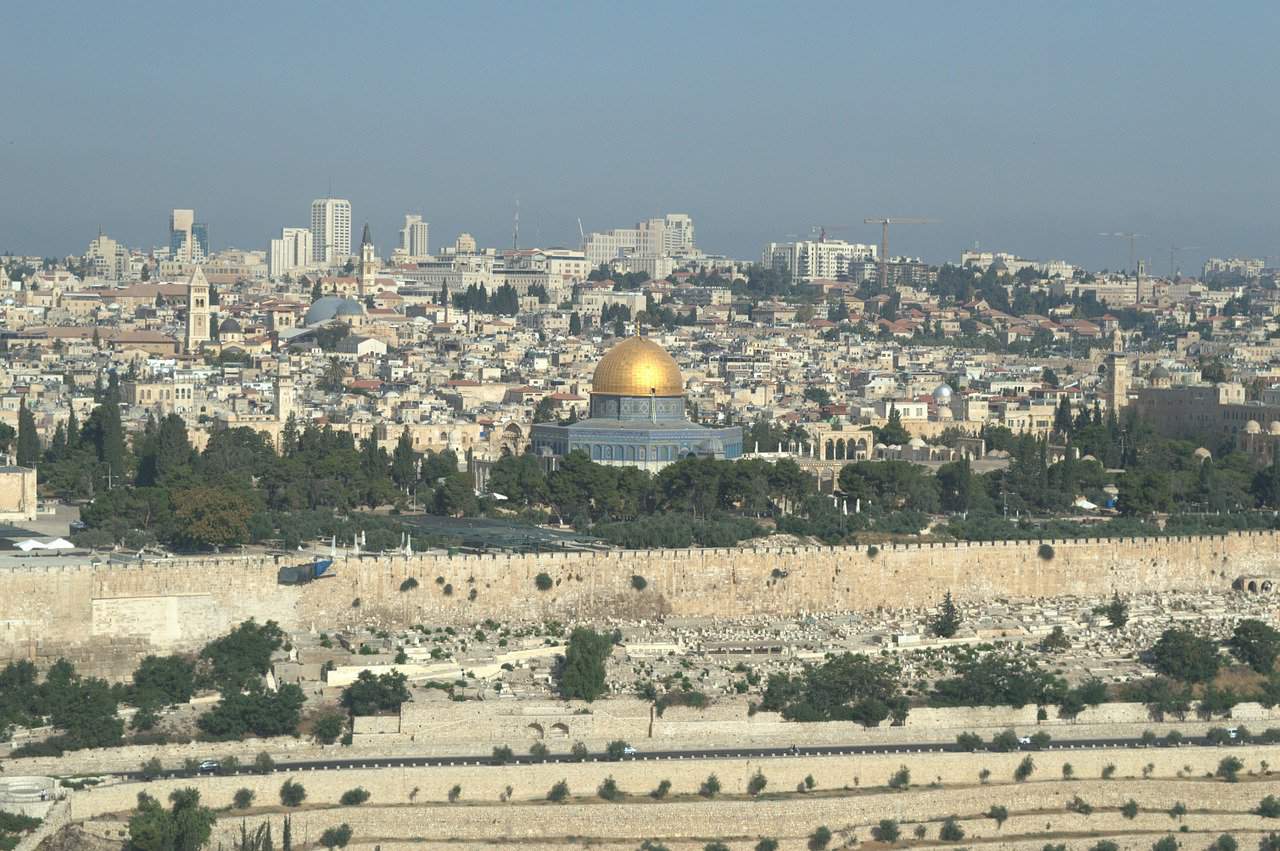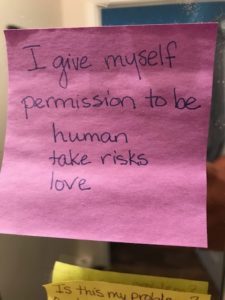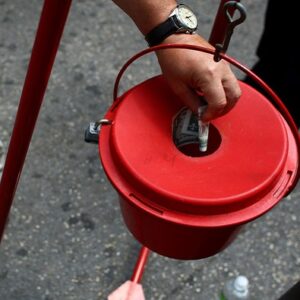 And when the priests came out of the holy place, a cloud filled the house of the Lord, so that the priests could not stand to minister because of the cloud; for the glory of the Lord filled the house of the Lord. Then Solomon said, “The Lord has said that he would dwell in thick darkness. I have built you an exalted house, a place for you to dwell in forever.”
And when the priests came out of the holy place, a cloud filled the house of the Lord, so that the priests could not stand to minister because of the cloud; for the glory of the Lord filled the house of the Lord. Then Solomon said, “The Lord has said that he would dwell in thick darkness. I have built you an exalted house, a place for you to dwell in forever.”
~ 1 Kings 8:10-13
During the season of Lent, Churches for Middle East Peace is focusing on Jerusalem as a city shared by three faiths: Judaism, Christianity, and Islam. This week, we look closer at the deep meaning Jerusalem holds for the Jewish people.
In 1 Kings 8:10-13, we catch a glimpse of the dedication of the First Temple, built by King Solomon. Although the temple has since been destroyed, rebuilt, and destroyed again, this passage captures the significance of Jerusalem as the dwelling place of God. It is for this reason that the Western Wall has become the holiest site in Judaism today, as it is the closest Jews are able to get to the Temple Mount, particularly the Holy of Holies where the Presence of God dwelt. It is generally believed that praying at the Western Wall, either from the Jewish prayer book or by placing prayers in the cracks of the wall, is especially efficacious because of its proximity to the site of the Holy of Holies.
While there could be much more said about the political implications of the Western Wall and Temple Mount, let us refrain for now, recognizing the deep theological significance of this place for the Jewish people. Jerusalem, the site of the house of the Lord, was and continues to be a centralizing factor in Jewish life. Jewish prayers focus on the protection and wellness of the city, and Jews are encouraged to make pilgrimages to Jerusalem if they are able.
As we reflect upon Jerusalem this Lenten season, let us remember the significance of the city to our Jewish siblings. We repent of any misconceptions we may have had. We grieve the destruction of the temple and the Holy of Holies. For although it happened long ago, it remains an integral part of the Jewish experience today. Finally, we pray for the peace of Jerusalem, and all the people who call it holy.
Return in mercy to Jerusalem your city, and dwell in it as you have promised.
Rebuild it soon in our day as an eternal structure,
and quickly set up in it the throne of David.
Blessed are you, O Lord, who rebuilds Jerusalem.
(Taken from the Amidah, a Jewish prayer traditionally recited three times a day.)
Molly Lorden is the CMEP1835 Coordinator for Churches for Middle East Peace. She is also currently studying toward a Master of Divinity at Princeton Theological Seminary. This article first appeared on Churches for Middle East Peace.


